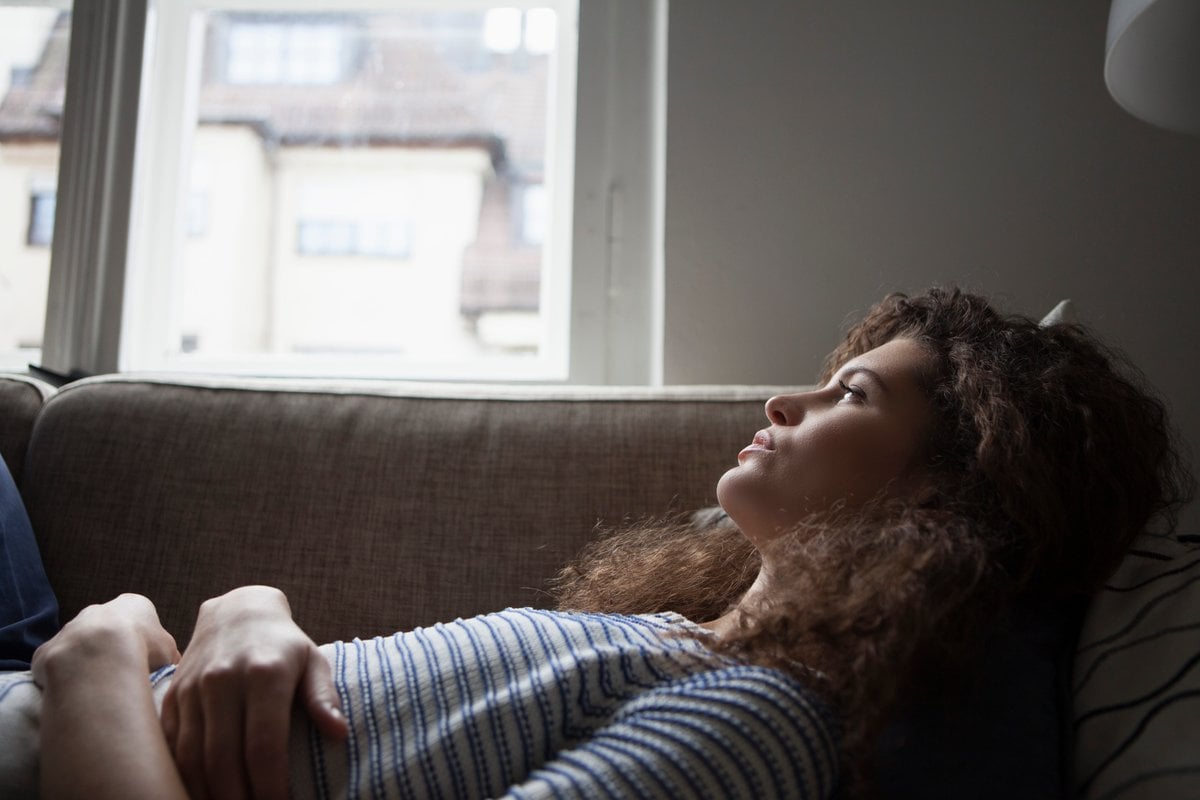
This post discusses sexual assault
When the needle jabbed Jenna’s* leg, she didn’t even notice. She wasn’t on high alert, why should she be?
At 21 years old, she was enjoying a night out, just like any other.
"I was out with my friends, I didn't think I needed to be on constant alert for my safety," she says.
Jenna was wearing white pants that night, a decision that may have saved her from a serious assault.
“I realised (I had been needle spiked) in the bathroom when I saw my white pants had some blood on them.”
Upon closer inspection, Jenner discovered a prick mark on her thigh.
“I am lucky I noticed (while I was in the bathroom), before the symptoms came on too heavily,” she says.
“Within 10 minutes I was in and out of consciousness, vomiting non stop.”
Fortunately, this all happened in the bathroom, where she was found by bar staff.
“They kicked me out because I was vomiting and assumed I was too drunk. Luckily I had friends with me to take me home and ensure I was okay. But I've worried every day since that if I didn't have them, more could've happened to me".
